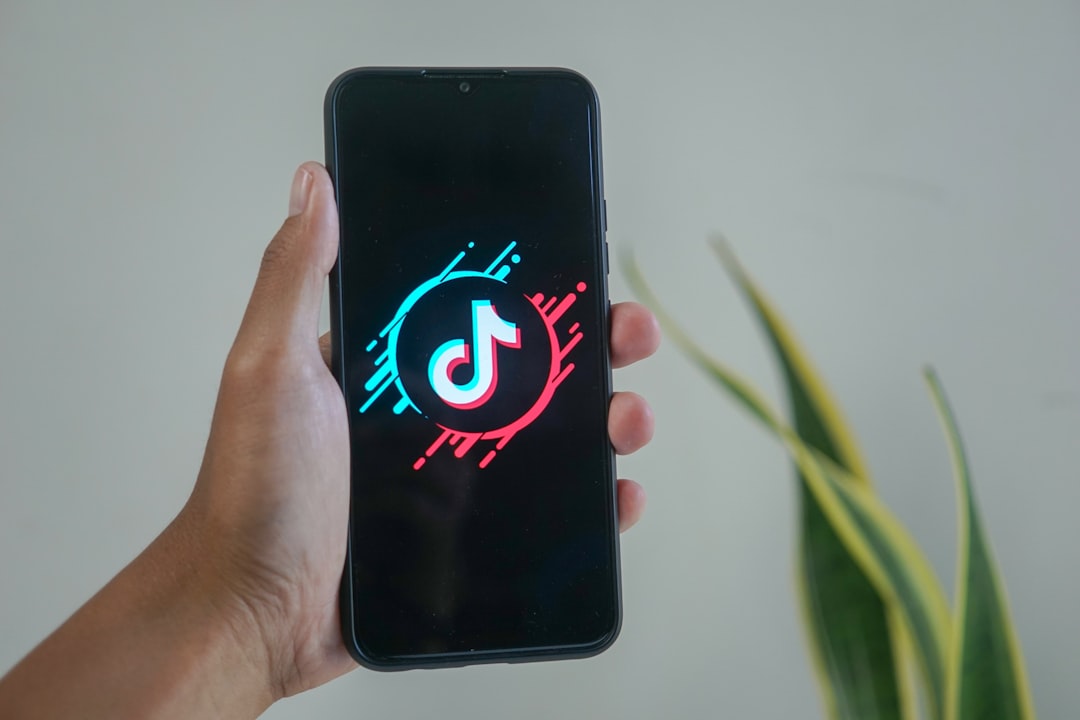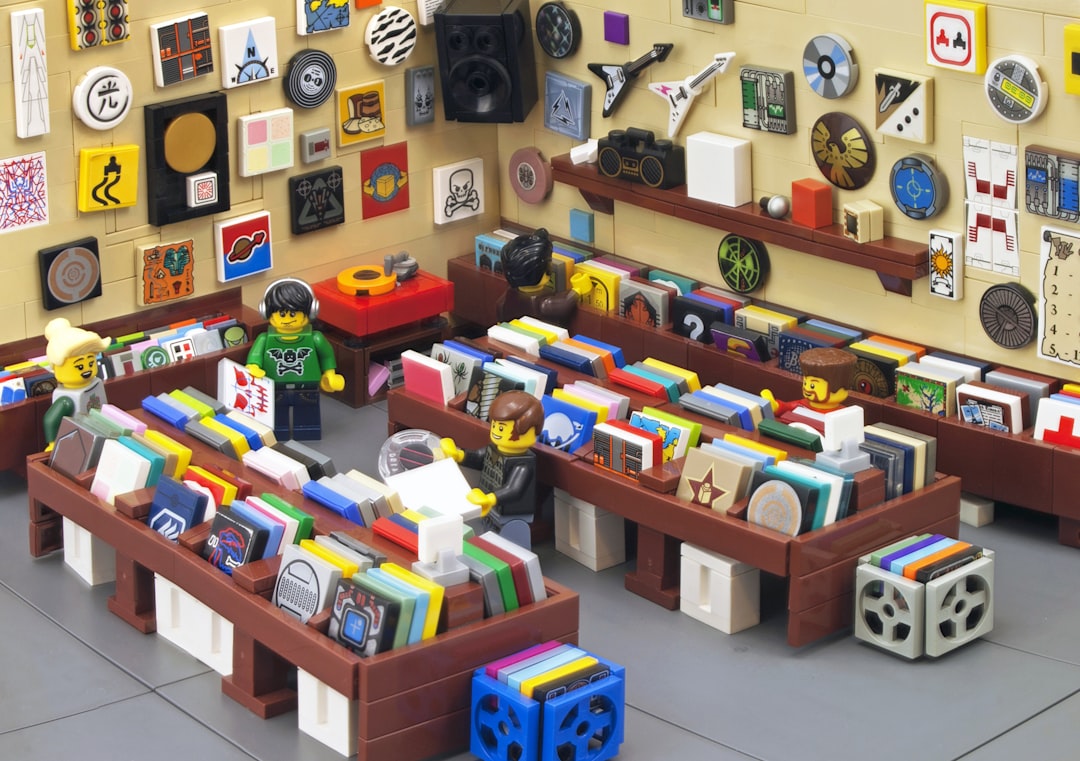Could Starbucks NFTs Be The New CDs?
Plus - TikTok Music speculation and Live Nation's feel good earnings report
The darkest days of our crypto winter got a bit brighter yesterday with the headline that Starbucks will unveil its web3-based rewards program next month. As is often the case with these sorts of announcements, details about the program were sparse, limited to a promise of “unique experiences and benefits.” But if the coffee giant goes all in on NFTs for it’s 25 million strong rewards program members, this could be a major turning point. And the deal of the decade for those who like free coffee.
The lynchpin of our brilliant scheme is based on the fact that unlike the closed system of rewards membership currently found in the Starbucks app, NFTs are, by their very nature, tradable. If Starbucks puts its rewards program on the blockchain, then what’s to keep people from sharing rewards stars, passing them from wallet to wallet like so much loose change? It’s fun to imagine bundles of Starbucks ERC tokens being sold on SushiSwap, with sellers unloading surplus stars while buyers bid to get the best deal on a Frappucino.
Of course, this won’t actually happen. Terms and Conditions (the Thoughts and Prayers of Big Tech) will surely restrict the practice. But if Starbucks NFTs aren’t tradable, then can they truly be considered crypto at all?
Perhaps free coffee won’t be one of the “rewards” Starbucks NFTs offer. What if holders were instead granted entrance to a token-gated Starbucks metaverse. Starbucks redefined the vibe of coffee shops worldwide when the company went global in the 1990s. It would be a real gas if the Starbucks brand were what saves us from the rainbow pixel hellscape that makes up most of the metaverse in 2022. Image a subdued and sophisticated lounge aesthetic where only the coolest coffee drinkers spend their days working on virtual laptops while donning limited-edition Nike NFT sneakers.
Afraid you’ll be the only geek hanging out in STRBCKSLND? A white paper just published by the American Association of Advertising Agencies revealed that for metaverse users, “80% of consumers feel more included within the metaverse than in real life and 79% say their friends in the metaverse accept them for themselves as opposed to their appearance.” That’s a whole lot of [semi-]human acceptance in a time when smartphones and social media have made the entire population feel like lonely islands.
And what music will be playing in the Starbucks metaverse? It’s not such a trivial question when you consider that at its peak in 2006, the company sold $65M worth of CDs from the 20 or so titles sold at te counter. A selection that included exclusive releases from little acts like Paul McCartney, Joni Mitchell and Alanis Morissette.
According to Billboard, the biggest Music NFT in July was Board Ape supergroup KINGSHIP, followed by pop singer Sia and posthumous hip-hop legend Notorious B.I.G. Biggie is already featured on the official Starbucks Summertime Hip-Hop Spotify playlist, so there ya have it.
Granted, the whole haul for the top 10 music NFTs in July was a paltry $8.5M (a third of what music NFTs were making back in 2021), but also eight times greater than the $1.1M in NFTs that were traded in June. So maybe music NFTs are not the latest MiniDisc after all.
If you really want to geek out on the numbers, Water & Music just released a report about secondary market sales of music NFTs titled After the Drop. The research project takes a rigorous look at several high-profile music NFT case studies. The popularity of the artists varies, as does the utility offered by the NFTs, ranging from royalty splits and physical/digital merchandise to community access and (let’s be honest), investment upside.
But check the chart below and be shocked at how much revenue can be generated through secondary sales, some of which makes its way back to the artists. Now imagine if it came with free pumpkin spice latte.
TAKEAWAYS
Salient statements from this week’s music news.
1. TikTok Music: Here is What It Would Mean for You
The social platform could upend every aspect of the music biz if the rumored music streaming service becomes reality.
Takeaway: Entertainment has never been more interconnected and the disruption to the music industry will not stop at TikTok – Epic Games and Riot Games are both companies outside of the traditional music industry that have the capability to enter the fray.

2. Live Nation Posts Robust 2022 Second Quarter, Says It’s on Track for a Record Year
More tickets sold to more people for more money than even before the pandemic has Live Nation/Ticketmaster doing the quartley reporting happy dance.
Takeaway: While many blockbuster tours, such as Harry Styles and Olivia Rodrigo, are thriving, the high number of artists on the road, combined with recession fears and lingering apprehension about mass gatherings as Covid variants continue, has caused others to perform below expectations.

3. The Changing World Of: Music Distribution
Half a dozen distribution execs talk about the industry transformation driven by what one called the “endless virtual aisle.”
Takeaway: The changes in distribution mirror the seismic shifts that the industry as a whole has experienced — and, moving forward, there is just as much curiosity about new technologies, platforms and methods of engagement between artists and fans in the distribution space as there is at labels and management companies across the business.



